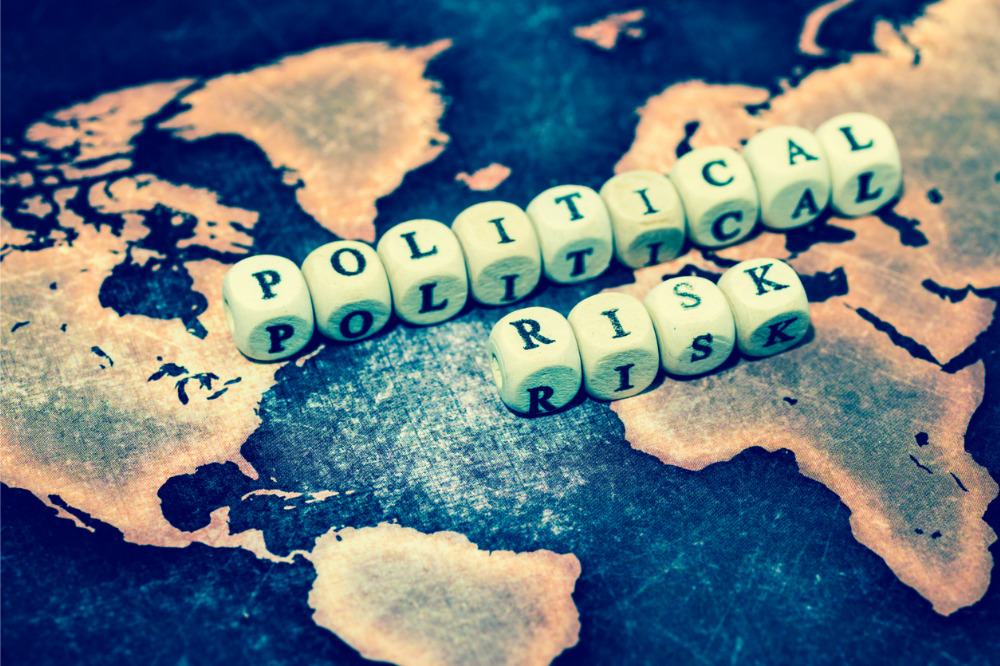
More than 90% of companies have suffered a political risk loss in the last year
Risk Management News
Nine out of 10 companies have suffered a political risk loss in the last year, according to a new report from WTW.
Over the past year, political risk has changed from a low-frequency, high-severity peril into “everyone’s risk,” WTW said.
The global brokerage’s sixth annual political risk survey found that an unprecedented 92% of all responding companies had experienced political risk loss in 2022, up from just 35% in 2020.
Other survey findings include:
-
- 86% of Western European respondents reported a net negative financial impact from the war in Ukraine
-
- 33% of North American companies suffered a net negative financial impact
-
- 48% of respondents reported a direct political risk loss in one or more BRIC countries (Brazil, Russia, India and China)
-
- All responding companies have enhanced their political risk management capabilities since February 2022
-
- 68% of respondents now purchase political risk insurance, up from 25% in 2019
-
- Almost 50% predicted that deglobalisation will “greatly strengthen”
-
- 43% predict that decoupling from China will “greatly strengthen”
The war in Ukraine and resulting humanitarian consequences have had a “devastating” business impact, according to one European survey respondent.
“We have decided to end all our operations in Russia and Belarus,” a US tech company respondent said. “We suffered a loss of almost $1 billion.”
Another respondent said the shock of war on the European continent had triggered a “paradigm shift.”
“Business and politics have lived in two different realities,” an executive in the automotive industry told WTW. “The events of the past year have now aligned realities.”
The Ukraine war heads the list of interview panellists’ top risks for 2023, followed by decoupling from China and crisis and new regulations in the European Union, WTW said.
“Panelists were worried about the escalation of the conflict in Ukraine, but more worried about complications like sanctions and inflation,” said Sam Wilkin, director of political risk analytics at WTW. “They’re worried that they could be arrested for facilitating avoidance of sanctions, for example, or that they could be pressured to renegotiate energy contracts next autumn. At the same time, they have more profound concerns about how globalised business models can be made to work in a politically divided world.”
Have something to say about this story? Let us know in the comments below.